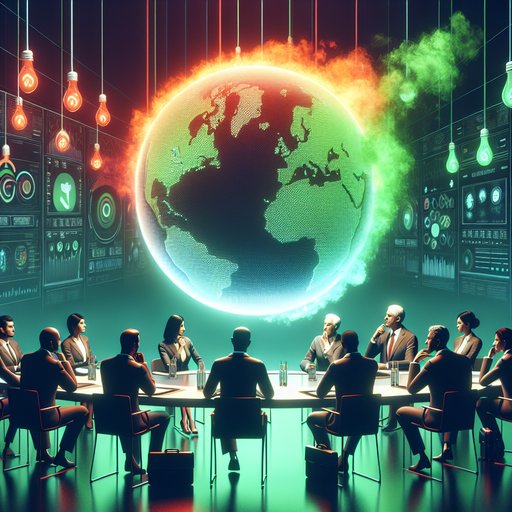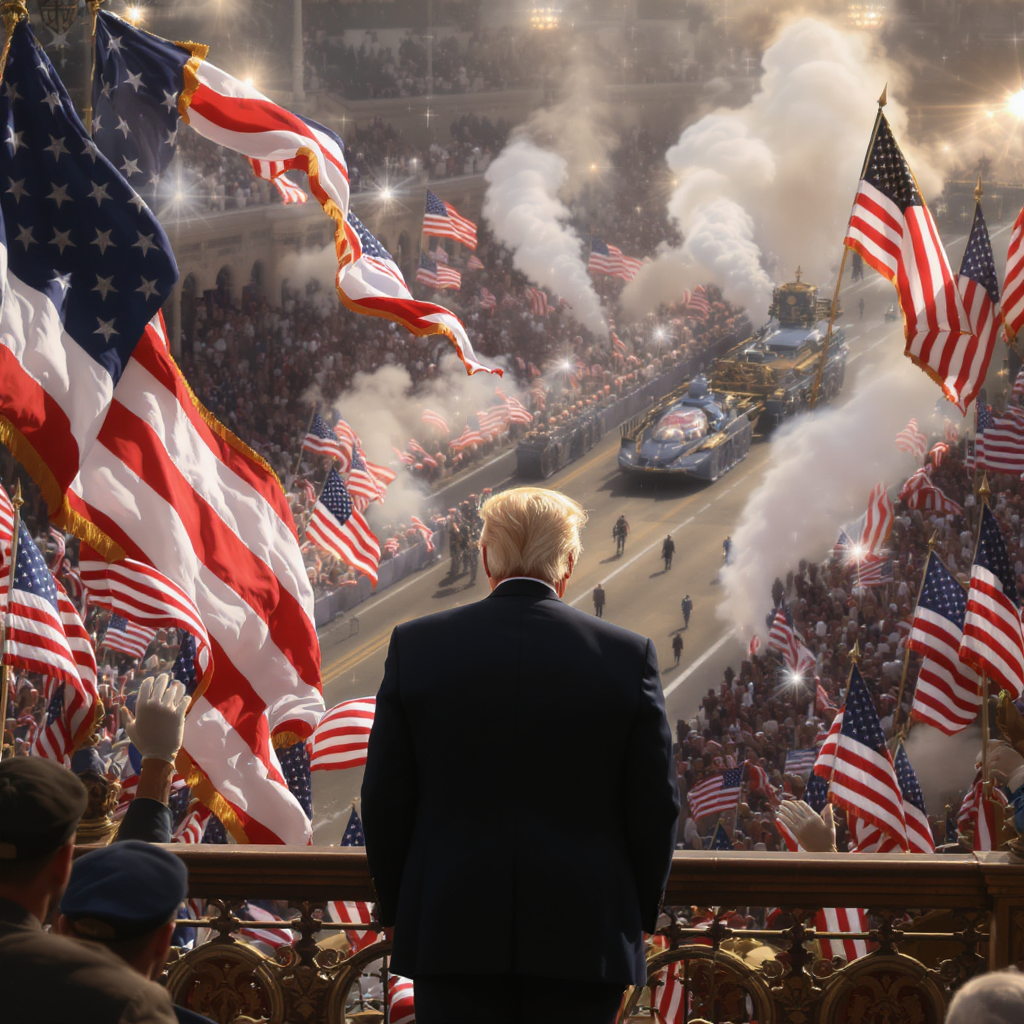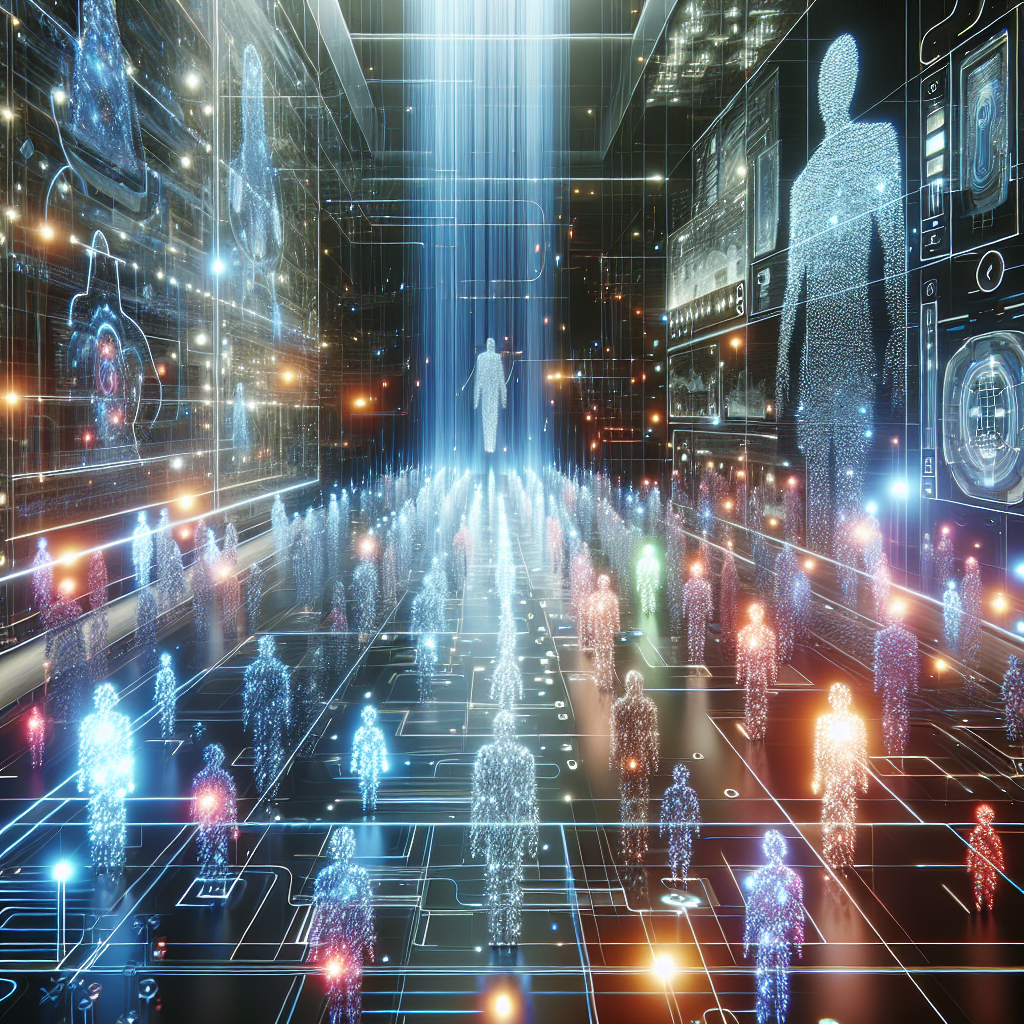
After intense negotiations, the United States and the European Union have confirmed a sweeping new trade agreement, bringing significant changes to one of the world’s most important economic relationships. The deal, announced following high-level talks in Scotland between US President Donald Trump and European Commission President Ursula von der Leyen, sets new tariff structures and aims to provide certainty for key industries. The agreement has been hailed as a major step toward easing persistent trade tensions, with both sides projecting optimism about the pact’s impact on growth, investment, and consumer choice [1].

The international climate stage has recently seen notable shifts as countries, courts, and technology pioneers navigate the complexities of global emission reduction efforts. While some governments reaffirm their commitment to climate agreements and technological innovation advances, legal interpretations and local political decisions continue to test the ambition and cohesion of climate action. These developments highlight both the promise and obstacles present in forging a comprehensive, effective path toward limiting global warming and achieving net-zero emissions in the coming decades.

A rising star has catapulted himself into the spotlight with a sensational performance that is capturing the attention of football fans across Europe. Evan Ferguson, the young Irish striker, began his loan spell at Roma with astonishing flair, netting four goals in his debut appearance for the Serie A club. This headline-making feat has quickly become the talk of the sporting world, offering a glimpse of a promising future for both Ferguson and the Italian giants.

The Formula 1 Belgian Grand Prix weekend promised high drama, with a blend of commanding drives, strategic risks, and unpredictable weather setting the stage for a memorable race at Spa-Francorchamps. McLaren’s Lando Norris secured a sensational pole position, while rain and a flurry of grid penalties are set to shake up the starting order. As the grid forms with several heavyweights forced to start from the pitlane, teams and fans alike are anticipating a dynamic Grand Prix that could reshape the midseason momentum in the championship battle.

NATO has undertaken significant steps to enhance its defense posture in Eastern Europe amid persistent security concerns. With its surveillance aircraft flying extensive missions over the region, the alliance is not only tracking movements but also forging stronger operational ties with Ukraine. Meanwhile, Western defense companies are establishing new partnerships on the ground, blending NATO’s strategic oversight with direct technological support for Ukraine’s ongoing efforts. The synergy between these initiatives points to a coordinated, forward-leaning approach designed to ensure regional security and resilience.

French national discussions over budget legislation have intensified in recent days, with policymakers racing to avert the looming risk of a government shutdown. While the intricacies of spending priorities remain subject to political negotiation, recent developments indicate a growing sense of urgency among lawmakers. Debates over funding levels, fiscal responsibility, and the potential impact of budget cuts on national programs have taken center stage. These discussions have been marked both by public concern over possible service disruptions and by broader debates about who ultimately shoulders the tax burden in times of tightening fiscal policy.

BASEL, Switzerland — On July 27, 2025, St. Jakob-Park, affectionately known as "Joggeli" to Basel locals, hosted a gripping Women’s Euro Cup final between England and Spain. The match, a showcase of skill and resilience, ended in a 1-1 draw after extra time, with England clinching a 3-1 victory in a tense penalty shootout to claim the coveted trophy.
The atmosphere in Basel was electric, with over 37,000 fans packing the stadium, their roars echoing through the Swiss night. England, led by Dutch coach Sarina Wiegman in her remarkable fifth consecutive final, faced a formidable Spanish side. Both teams had battled fiercely to reach this stage, and the match lived up to its billing as a clash of titans.

The recent national election in the United Kingdom has ushered in a period of significant change, as Keir Starmer assumes the role of prime minister. Starmer’s victory marks a shift in the country’s political direction and has generated both optimism and scrutiny at home and abroad. The immediate aftermath of this leadership transition is characterized by heightened expectations, particularly concerning the UK’s stance on complex international issues such as the recognition of a Palestinian state. The new prime minister’s approach in these early days will likely shape the trajectory of his administration and the UK's influence on the global stage.

A series of high-profile policy debates in recent days has revealed the depth of ideological divisions shaping political, educational, and social landscapes. From contentious lawsuits over reproductive rights in the U.S., to disputes over educational content and media funding, right- and left-wing influences are setting the course for legislative priorities and public discourse. These clashes highlight not only the resilience of polarized perspectives but also the renewed determination on each side to shape policies in alignment with their respective values.

This week’s employment data reveal a complex landscape for American workers. While initial unemployment claims have dipped, indicating resilience, the labor market is simultaneously grappling with significant layoffs and wage growth pressures. Major corporations in the tech sector, as well as government agencies, are trimming their workforces despite pockets of continued profit and innovation. Meanwhile, real wages for many Americans are not keeping pace with inflation, putting pressure on household finances. Together, these developments present a nuanced picture—one of both strength and underlying challenges in today’s economic climate.































